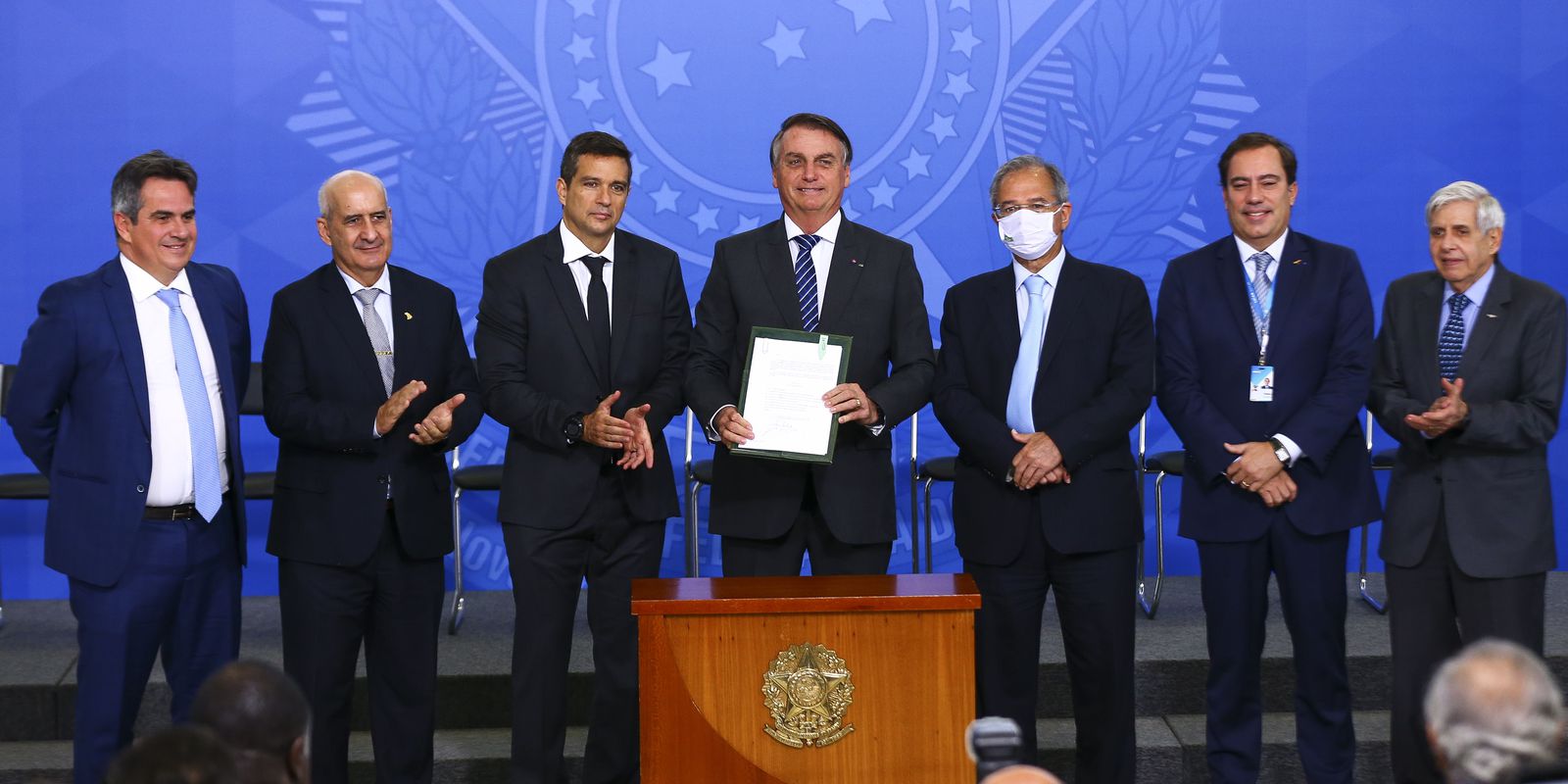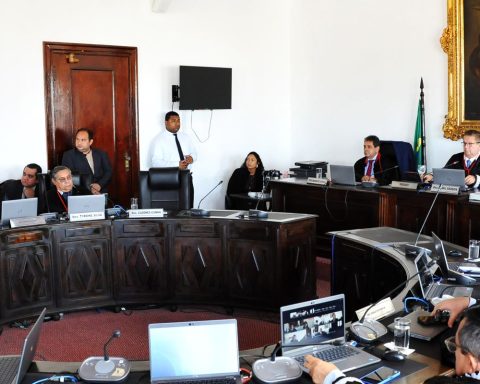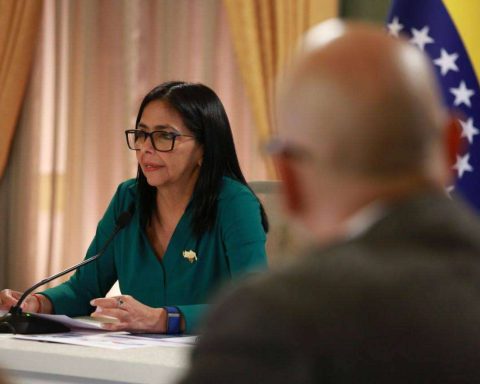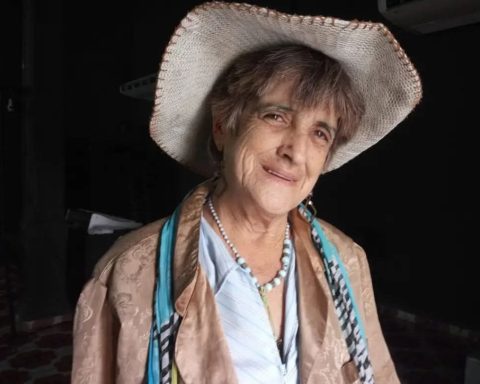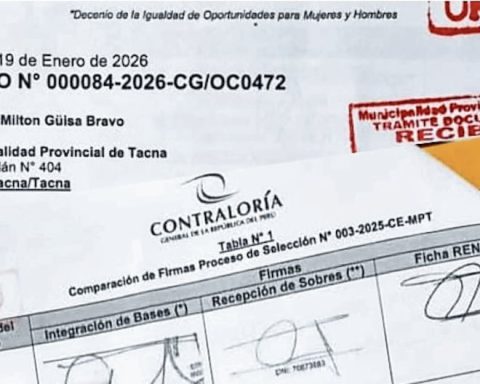President Jair Bolsonaro signed today (25) a bill (PL), to be sent to Congress, with changes related to the use of guarantees to obtain credit in the country. With the measure, announced in ceremony at Palácio do Planalto, it will be possible, for example, to use the same property as collateral in more than one credit operation.
For the Economic Policy secretary at the Ministry of Economy, Adolfo Sachsida, workers and entrepreneurs will once again be the owners of their finances and guarantees.
“If you think about a company, how many entrepreneurs are in need of credit and cannot get cheap credit because they have no guarantee? The new guarantee market makes credit cheaper for all Brazilian businessmen, especially for the small ones who do not have access to the bank”, he said. “With the support of Congress, we are going to approve this set of measures that can be translated into more credit, cheaper interest rates, more jobs and more income for Brazilian society”, he highlighted.
The government’s objective with the so-called New Framework for Guarantees is to make the use of credit guarantees for investors simpler, more efficient and safer, in addition to reducing cost and interest on financing and increasing competition in the sector. The project creates the specialized guarantee management service and deals with the improvement of guarantee rules, the early redemption of financial bills, among other measures.
According to the Ministry of Economy, the operation of the service will be under the responsibility of the Guarantee Management Institutions (IGGs) – a private legal entity whose operation will be authorized by the Central Bank (BC) based on criteria defined by the National Monetary Committee (CMN ).
“Borrowers will now be able to provide their guarantees to these institutions for assessment and management. The IGGs will define, based on the guarantees, the guarantee limit that the borrower may have access to in various institutions of the financial system”, explained the folder, in a statement.
In addition, as the customer honors their payments, space will be opened for new operations up to the established limit, without additional bureaucracy. “With IGG managing the guarantee, banks are freed up to focus only on their lending banking activity,” he said.
According to the folder, the IGGs will be prohibited, under the guarantee management contract, from carrying out any typical activity of a financial institution, including credit operations, but they will be responsible for executing the debt in the event of default by the borrower . “The intention is to foresee the separation of the entity that receives the guarantee, in this case the IGG, from the entity that grants the credit, in order to avoid conflicts of interest”, explained the ministry.
Fraction of the warranty
For BC president Roberto Campos Neto, the institution of extension of fiduciary sale and mortgage, of using the same property in more than one operation, translates into longer terms, lower rates when compared to unsecured credit and improvement of the user’s debt profile.
“Brazil has a huge inventory of real estate, a large percentage that has already been paid, you have a volume of fixed assets in people’s hands that is not used to leverage credit, to generate resources. This instrument that can be used and that generates credit also generates money in the economy without having a fiscal counterpart”, he said.
It is estimated that the urban residential real estate market currently has around R$ 800 billion in guarantees in credit and financing operations.
In addition, changes were also proposed to the rules governing statutory lien; the extrajudicial foreclosure of mortgage-backed credits; extrajudicial execution in the event of a competition from creditors and the unseizability of family assets.
teacher pay
According to the Ministry of Economy, the PL also makes it clear that states and municipalities can use any financial institution to pay teachers and other professionals in the field of education, even if the resources come from the Maintenance and Development Fund of Basic Education and Valuing Education Professionals (Fundeb).
Today, legislation requires, for control purposes, that the resources of this fund be kept at Banco do Brasil or Caixa Econômica Federal.
“But, in order to pay salaries, states and municipalities are now able to hire any financial or payment institution, which is, in the understanding of the Economic Policy Secretariat, positive for ensuring a competitive environment and lower costs for the Public Administration”, explained the folder. “Since the funds from entities end up being hired by other banks to make payments on their payroll, the PL makes it clear that payment through these institutions is also possible”, he added.
